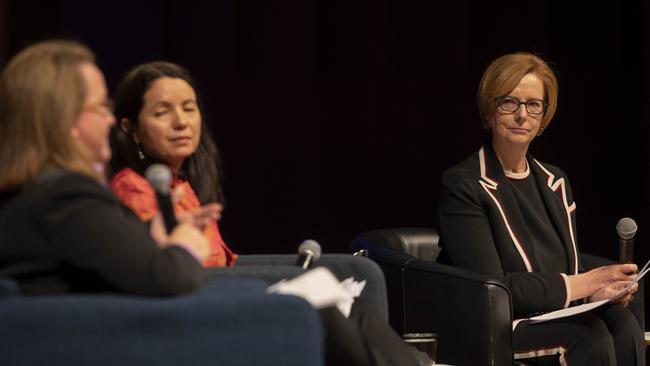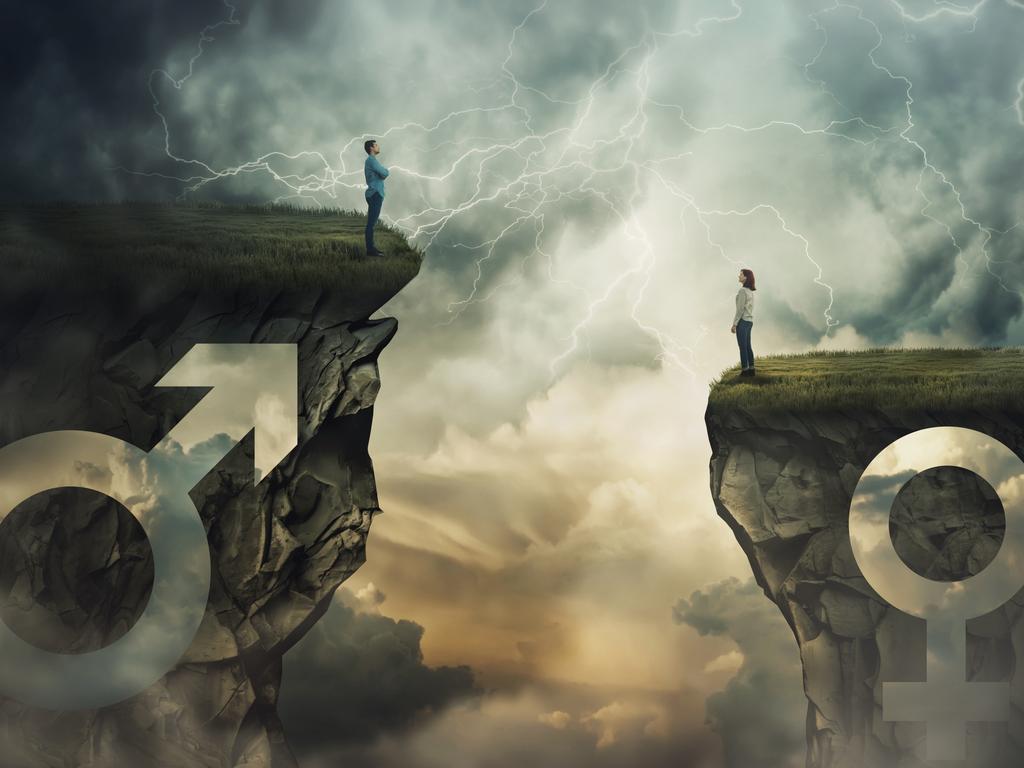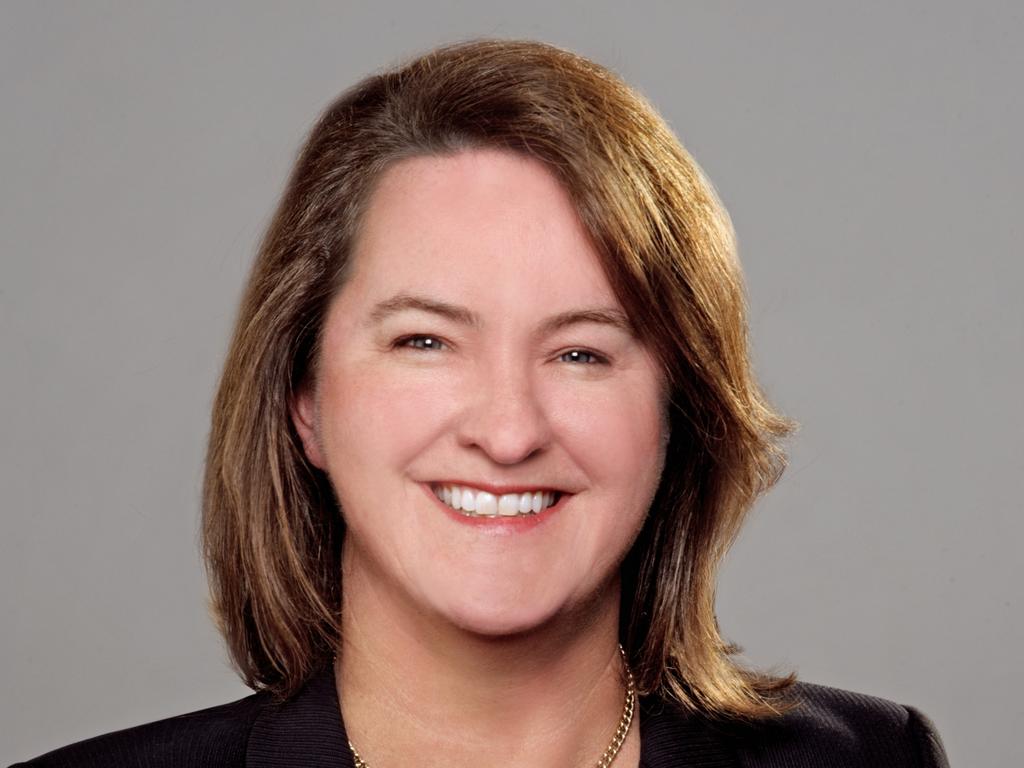
Oh, Marie. For the price of today’s The Australian newspaper let me offer you a quick lesson in what is woke and assure you the way gender equality has been pursued by CEW and the Workplace Gender Equality Agency is the essence of wokery.
The first critical thing about woke agendas is that they employ obtuse language. “Gender equality” is the classic of the genre, taking beloved phrases and motherhood statements and pressing them into the service of ideological objectives. Who could object to gender equality? The use of such a revered phrase wins any argument, does it not? Well, it may do at the Ministry of Truth, as George Orwell pointed out, but it’s worth unpacking the phrase to see what it really means. In particular, does it mean equality of opportunity or equality of outcome?
In the hands of the CEW and the WGEA, it means equality of outcome, not equality of opportunity. These bodies have never been terribly interested in individual choices or individual preferences. Their focus is on aggregate outcomes. Marie, maybe as the new CEO you could fix that?
Like old-style central planners and ideologues, CEW and WGEA look at class outcomes first, second and last. So when Festa says improving the gender pay gap is critical, she sings from the WGEA hymn sheet where gender pay gap is defined as the difference between the average weekly pay for all men working full time and the average weekly pay for all women working full time.
Using aggregate data such as this enables WGEA to publish egregiously misleading claims such as this from its July 1 media release: “Equal Pay Day for 2023 will be August 25, with women in Australia working for 56 days after the end of the financial year to make up the difference caused by the gender pay gap.”
Until CEW and WGEA start talking real numbers, they remain in the realm of the woke. Until we see data of what women and men in the same jobs are paid for the same kind and same amount for work – in other words, a genuine like-for-like basis – average pay figures mean nothing. In fact, they are a cover-up.

If the WGEA were interested in this data, it would demand it be included in its information-gathering efforts. It would demand that companies provide the granular data so the agency could provide the real figures about any pay gap. Except there is no sign it does this, or even is interested in doing this.
It has, of course, been illegal for nearly 50 years to pay men and women differently simply because of their sex. Many Australian employers do gender pay audits to ensure they do pay the same amounts to men and women for doing the same jobs.
Anecdotal evidence, which is all we have because the WGEA is not much interested in, and certainly does not publish, pay-gap analysis for like-for-like jobs, is that overwhelmingly there is no material pay gap in Australia on a like-for-like job basis.
Based on this admittedly anecdotal evidence, phrases such as Equal Pay Day are Orwellian distortions because Australia already has equal pay for equal jobs.
The WGEA is welcome to dispute this assertion, but if it wishes to do so it should specifically ask for, analyse and publish the true like-for-like jobs data. Armed with real numbers, it would add even more honesty to its mission if it also investigated the extent differences in pay on an aggregate basis may arise, not from systemic oppression but from myriad social reasons including the significantly different choices men and women make about careers.
Certainly there does not appear to be a lack of education or training opportunities available to women. Even the WGEA has admitted that in 2019 women represented 59 per cent of enrolled domestic students across all universities or other institutions but “women and men continue to follow different educational paths and the pattern of female and male segregation into different industries remains”.
So the lack of gender equality that the WGEA and CEW bemoan is not a lack of equality of opportunity. Indeed, it seems there is no evidence of inequality on a like-for-like job basis either.
What WGEA and the CEW object to is inequality of outcome on an aggregate basis. No wonder they keep this secret. It would be rightly derided not only for its Marxist or Maoist overtones but also because people understand there are only two ways of achieving it. One way is to eliminate individual choice and mandate 50-50 quotas for all training courses and all career options, from CEOs to garbage collection to childcare and midwifery.
The other way is to continue to allow individual choice of employment but mandate the same wage regardless of skill sets, hours and experience. I’m betting neither the WGEA nor the CEW will ever confess which option they prefer.

The second obvious feature of wokery is its divisiveness. One look at the diversity and inclusion policies of most big corporations reveals that the focus on class, race, ethnicity and other group characteristics translates into superficial demands for group outcomes rather than individual outcomes.
People are lumped into groups and celebrated on this artificial basis of their gender or skin colour or ethnicity, rather than being recognised as individuals with individual strengths and weaknesses.
Worse, the diversity racket translates into applauding every kind of diversity except diversity of thought or opinion.
Dare I mention that an employee with concerns about the proposed Indigenous voice who works for a big Australian company is not exactly made to feel welcome when CEOs have painted No voters as divisive morons? Who is being divisive here?
Or consider the ABC, that much-vaunted haven of inclusion and diversity, where it would be a struggle to find a single evangelical Christian or conservative in any influential position. If one slipped through the cracks by accident, they would discover very quickly their prospects of promotion depended on toeing the ideological line. So, Marie, gender equality is woke. Both are portmanteau words that conceal more than they reveal, but both have a tendency to harm current policy debates.








The newly appointed CEO of Chief Executive Women didn’t waste any time trying to baffle us with facts. When in doubt, reaching for a slogan has often been the CEW way. Marie Festa told us last week “we need to get away from this idea that gender equality is woke. It’s not woke.”